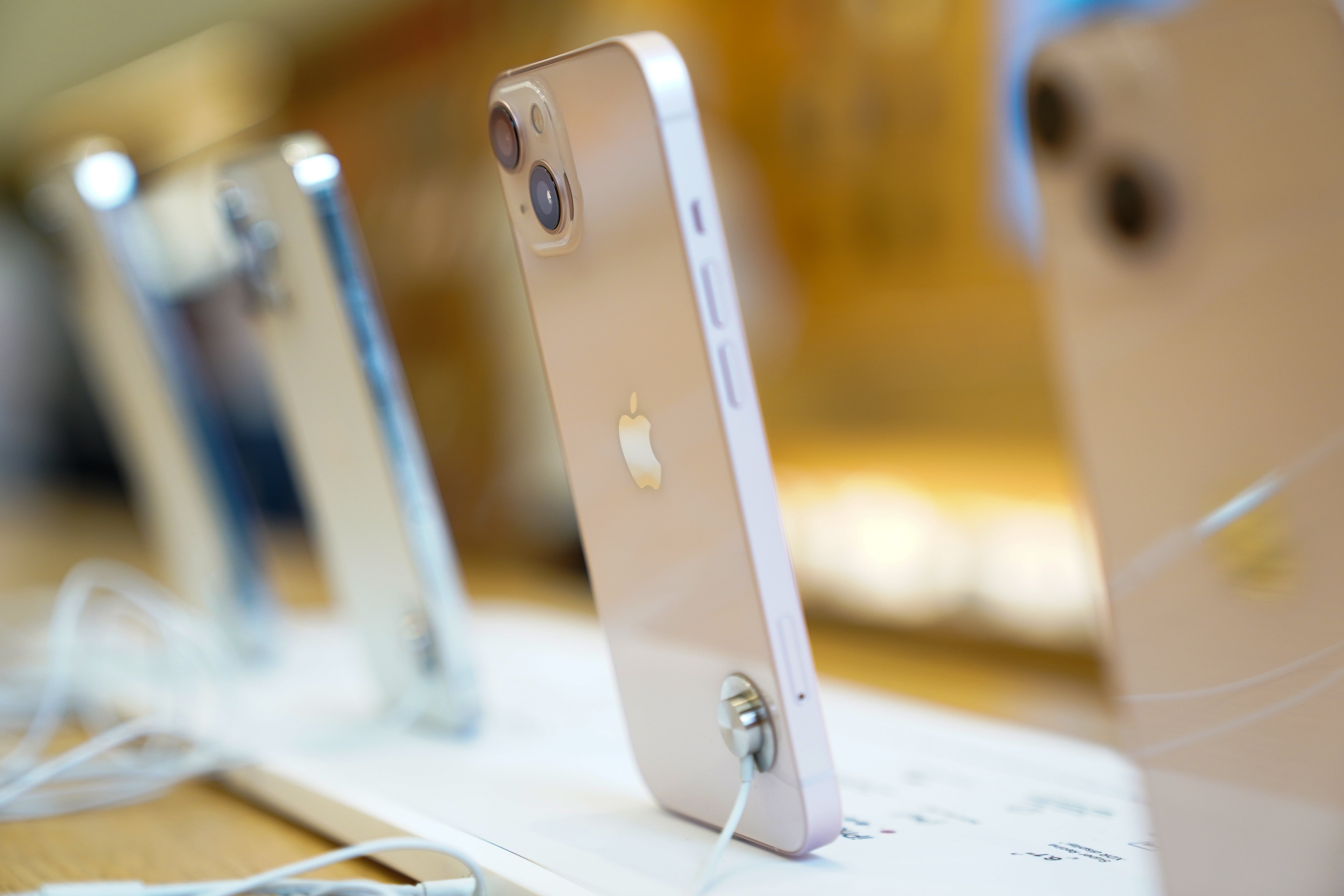Apple reveals a host of new iPhone and Watch features to improve accessibility

Your support helps us to tell the story
From reproductive rights to climate change to Big Tech, The Independent is on the ground when the story is developing. Whether it's investigating the financials of Elon Musk's pro-Trump PAC or producing our latest documentary, 'The A Word', which shines a light on the American women fighting for reproductive rights, we know how important it is to parse out the facts from the messaging.
At such a critical moment in US history, we need reporters on the ground. Your donation allows us to keep sending journalists to speak to both sides of the story.
The Independent is trusted by Americans across the entire political spectrum. And unlike many other quality news outlets, we choose not to lock Americans out of our reporting and analysis with paywalls. We believe quality journalism should be available to everyone, paid for by those who can afford it.
Your support makes all the difference.Apple has revealed a host of new features for the iPhone and Watch, aimed at improving accessibility.
That includes putting new options to the devices themselves – but also ways to explore the world, too.
The iPhone and iPad will now be able to detect doors on behalf of people who are blind or have low vision, for instance. And iPhones, iPads and Macs can now automatically add live captions to FaceTime calls or other form of video, with the devices adding subtitles as people speak.
Apple is also adding new accessibility features specifically to using its own devices. For example, those with physical and motor difficulties can use the iPhone to control their Apple Watch.
And it will add a feature called “buddy controller” that will allow two games controllers to work at once, allowing people to ask friends or carers to play alongside them.
“Apple embeds accessibility into every aspect of our work, and we are committed to designing the best products and services for everyone,” said Sarah Herrlinger, Apple’s senior director of Accessibility Policy and Initiatives.
“We’re excited to introduce these new features, which combine innovation and creativity from teams across Apple to give users more options to use our products in ways that best suit their needs and lives.”
The new features will be coming in a software update later this year.
Many of the new tools rely on newer Apple hardware: door detection requires the LiDAR scanner that is in recent iPhone and iPad Pro models. And Apple Watch Mirroring requires at least an Apple Watch Series 6.
Apple announced the features in part to mark Global Accessibility Awareness Day. Last year, Apple introduced new features too, including the option to control the Apple Watch without touching its screen.
Apple’s work on augmented reality and the ability for devices to recognise the world around them comes amid increasing speculation that the technology could be used in its rumoured AR glasses. “This stuff is all cool in its own right, but think about what it would mean in a pair of glasses,” tweeted Apple analyst Benedict Evans.
Join our commenting forum
Join thought-provoking conversations, follow other Independent readers and see their replies
Comments